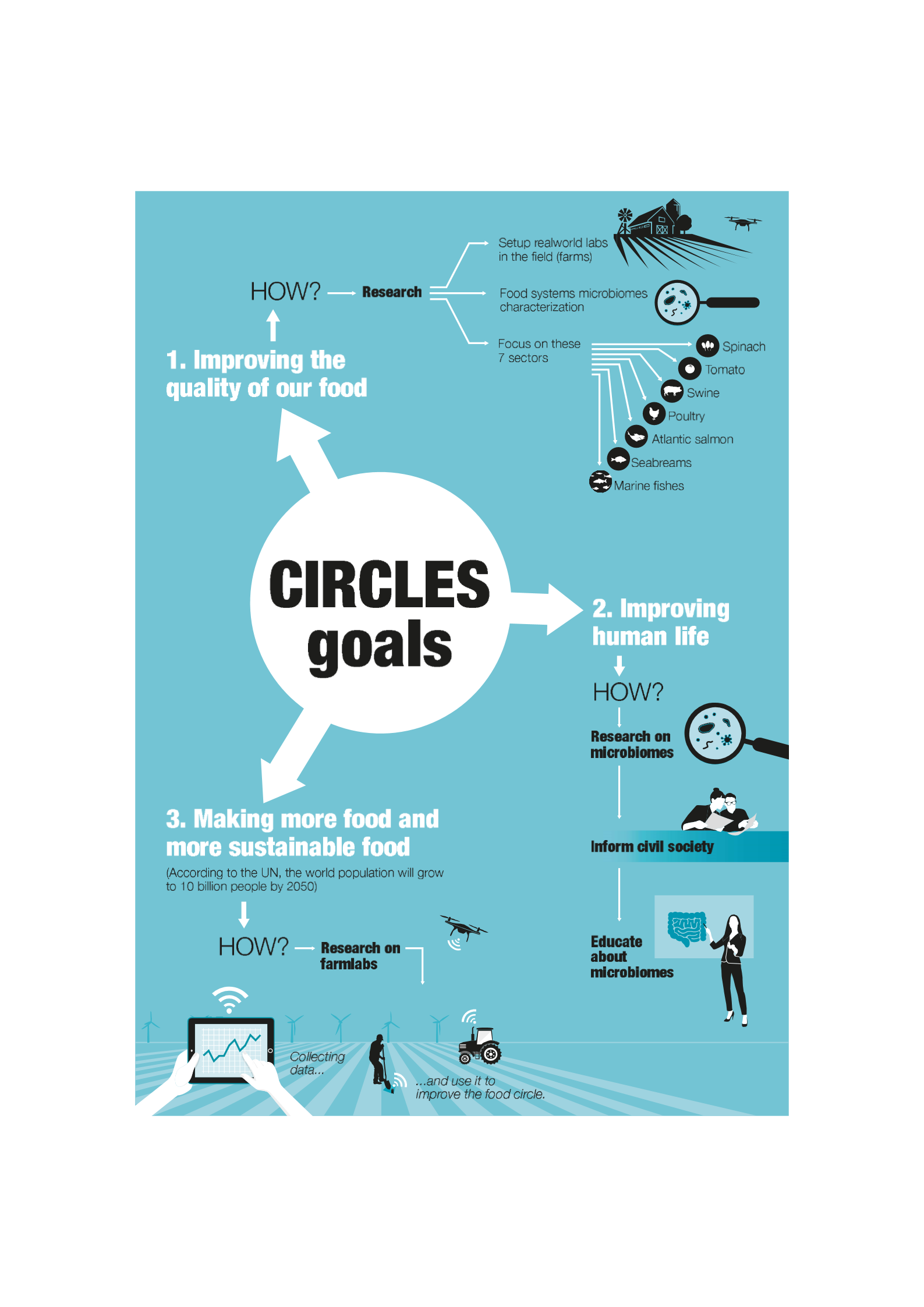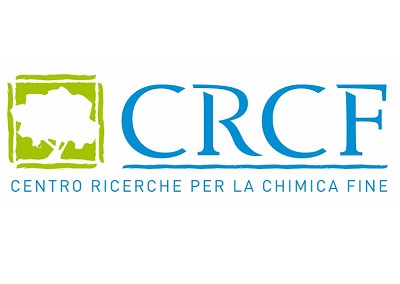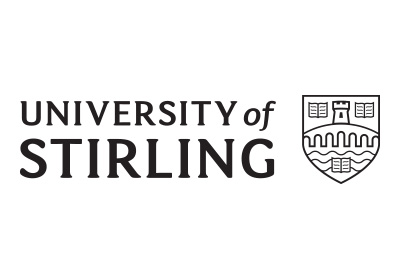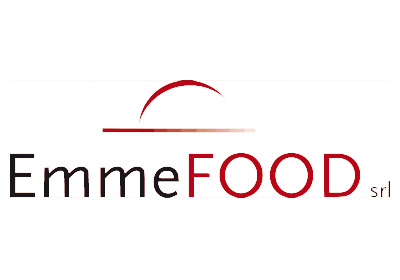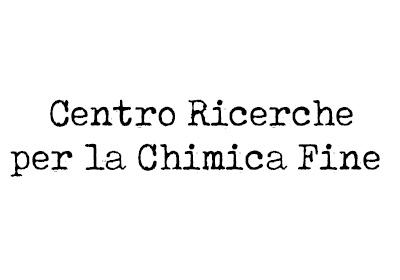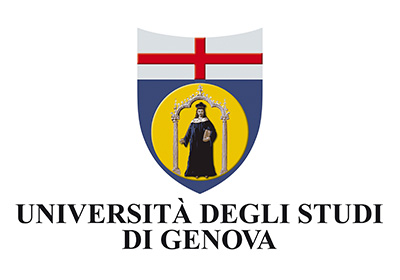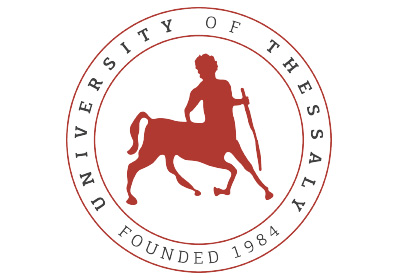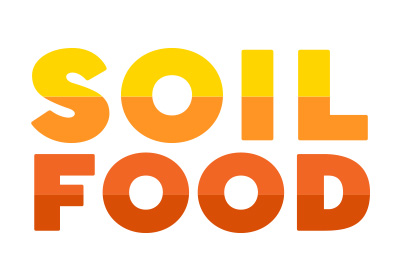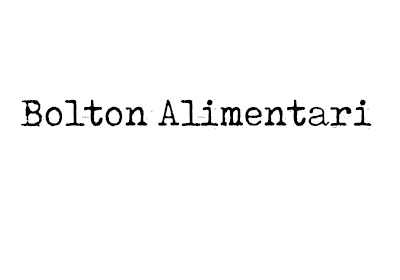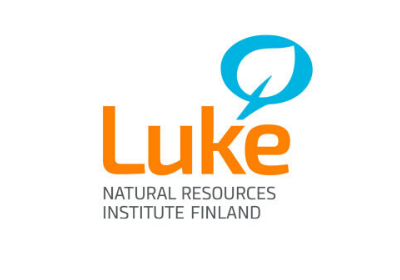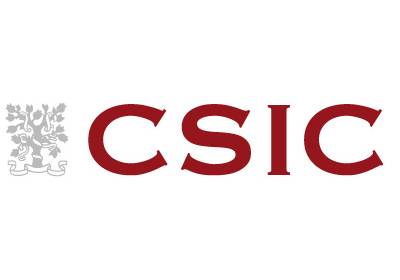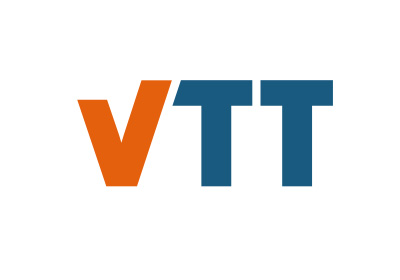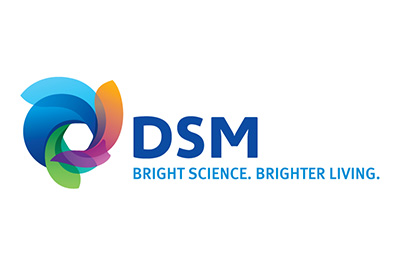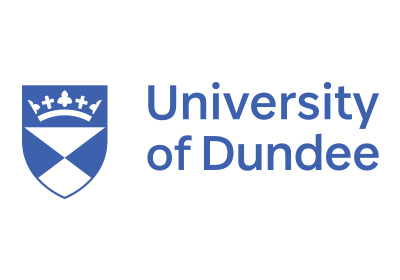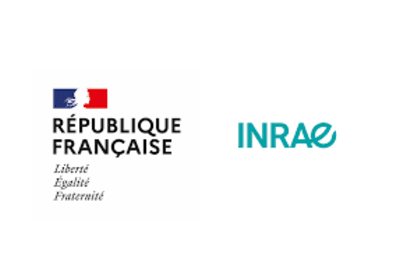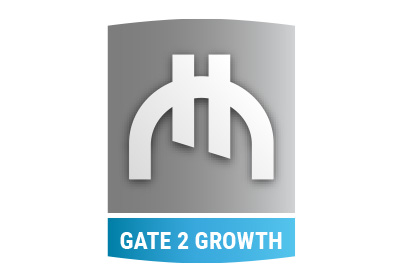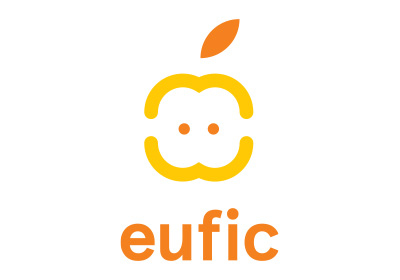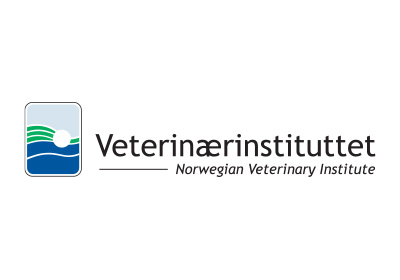The way food is produced, processed, packaged, transported, consumed, recycled, and wasted has implications for food safety, our health, the environment, the economy, and social equality. In short: our current food systems are not future-proof!
The EU funded CIRCLES project (2018-2024) aimed to support the changes needed for sustainable, resilient, competitive, diverse, responsible, and inclusive food systems by assessing the potential of microbes. Microbes are present in all parts of the food systems and are expected to have a significant impact on the functioning of our health and the planet.
Introduction
Active from 1 November 2018 to 30 November 2024, the EU funded CIRCLES project, gathered 30 organisations in the joined effort to find solutions for the future food challenges by investigating the potential of microbes in the food system.
Aims and Expected Outcomes
The researchers of CIRCLES investigated whether and how natural microbiomes in the spinach, tomato, poultry, swine, farmed and wild salmon and seabream food chains can be exploited for a more sustainable, safe, productive and nutritious food production. The aim was to have concrete microbiome products, procedures, tools and applications by the end of the project which will be further developed for use in the (European) job market and economy.
Final Conference
The Final Conference of the Circles project took place on September 17th, 2024 in Brussels, Belgium, and online.
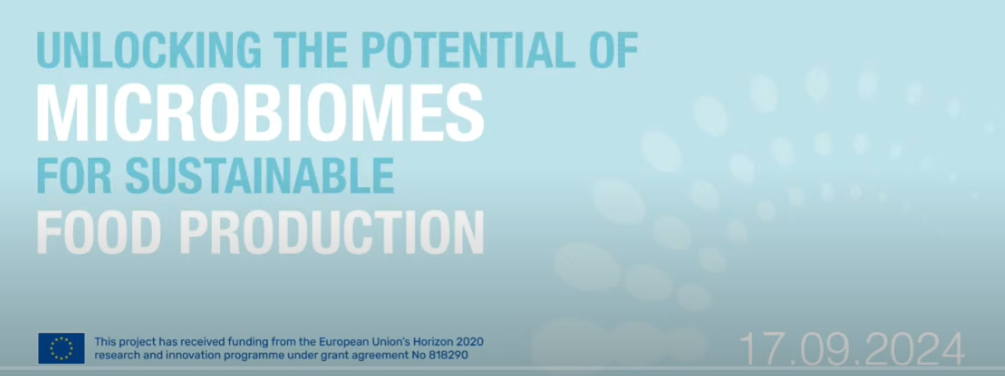
#CIRCLESEU
Latest News
How changes in the soil microbiome can impact our climate, food chains and human health
Another interesting article from CIRCLES project exploring the significance of microbiomes, particularly the soil microbiome, in various ecosystems and their impact on human health and the environment. Taina Pennanen, a research professor of Natural Resources [...]

